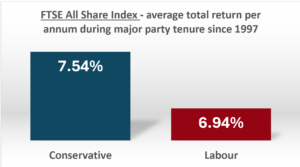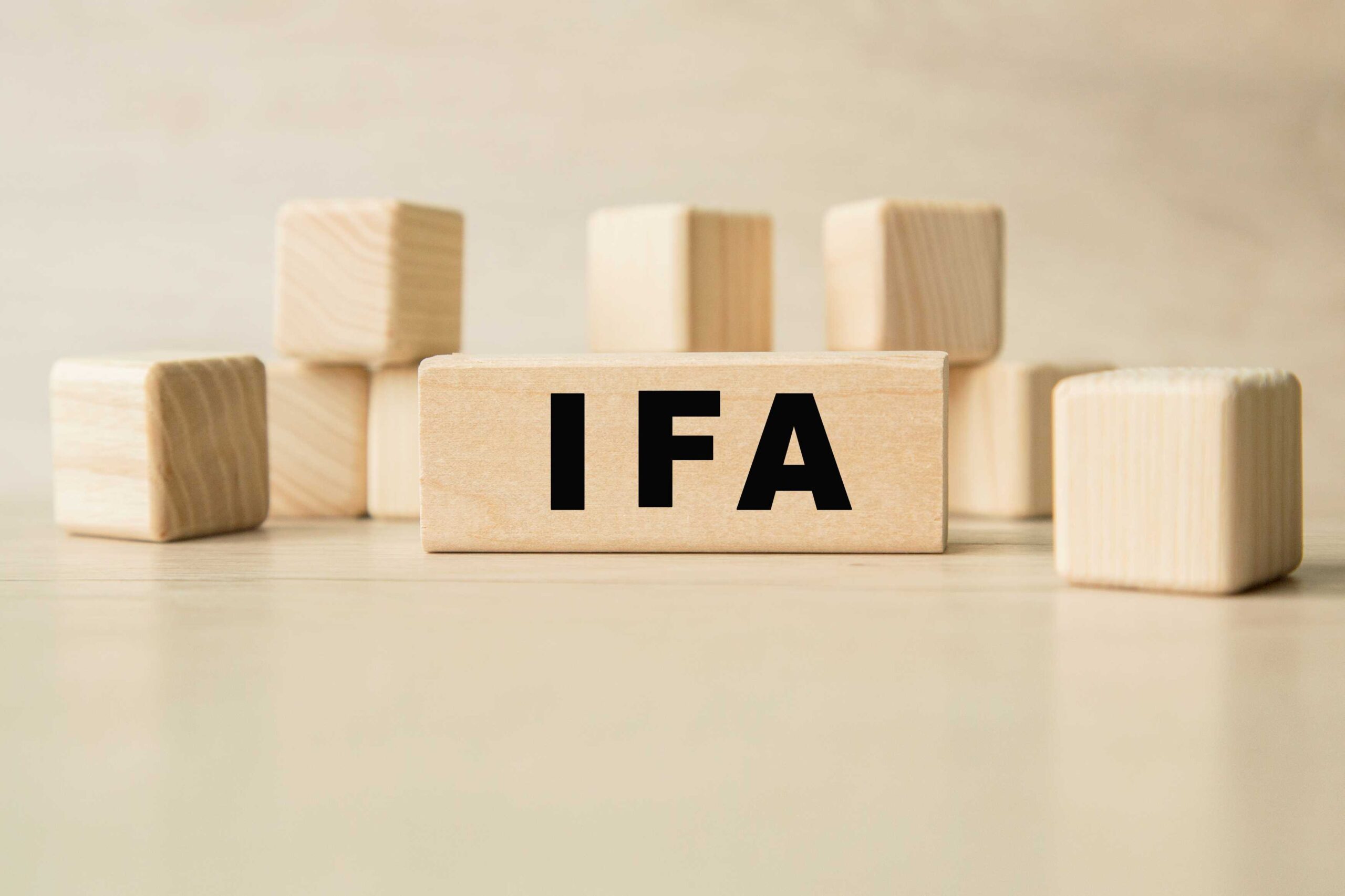
Decisions taken by central banks have been one of the main drivers of global market direction over recent years. Following the outbreak of the Covid-19 pandemic, interest rates around the World fell to ultra-low levels as policy makers attempted to stimulate demand amidst the global lockdowns. Just over a year later, interest rates began rising across Western economies to combat an inflationary spike, that saw UK Consumer Price Inflation (CPI) peak at 11.1% in October 2022.
As expected, inflation has fallen to more modest levels in most Western economies, and the UK is no exception. In the 12 months to April 2024, CPI has returned to 3.2% and is expected to continue to fall over the course of this year, potentially moving lower than the Bank of England’s own target of 2% by the autumn, although risks remain that inflation could modestly rebound in 2025.
Given the expected course of inflation, pressure is mounting on the Bank of England Monetary Policy Committee (MPC) to reduce the cost of borrowing and ease the burden on households and business alike. Of course, inflation isn’t the only indicator that the Bank are closely monitoring. The UK returned to growth in the first quarter of 2024, and GDP growth expectations have increased for the remainder of this year. Recent unemployment data was worse than expected and retail sales for April were very disappointing, suggesting consumer confidence remains weak. Understandably, the Bank do not wish to cut rates substantially, only to stoke the inflationary fire once again.
On balance, taking recent data and central bank comments into account, there is a large consensus that base rates will be cut in the next quarter. Indeed, at the last meeting of the MPC on 9th May, two members of the Committee, including the deputy governor Sir David Ramsden, voted to cut rates by 0.25%, with the other seven voting to keep rates on hold.

Source of Data: Bank of England
Bond markets are already beginning to price in a series of rate cuts over the next 12 months, with yield curves implying one or two cuts to the base rate in 2024. The outlook for rates has impacted the mortgage market, where lenders have been making modest cuts to five year deals, and in fixed-rate savings bonds, where rates being offered on one and two year fixed-rate bonds have also fallen from their peak.
The impact of rate cuts
When interest rates move lower, media focus will be targeted on the impact of the cuts on households. The outcome of falling interest rates on household budgets is generally well understood. For those with variable rate mortgages and loans, cuts in the base rate could lead directly to a fall in interest payments on a monthly basis. In turn, this could have a positive impact on discretionary expenditure, and lower rates could also encourage consumers to take on credit, from mortgages to car and personal loans. Consumers also feel more comfortable carrying a higher debt burden when interest rates are lower.
Those with savings begin to see a fall in the interest they receive on their variable rate accounts, and this may encourage those with accumulated savings to spend, potentially providing a boost to economic growth.
What is less understood is the significant impact underlying and future interest rates have on business, and in turn the health of the economy. Whenever the base rate changes, this affects the rates charged by banks on commercial loans, which tend to be arranged using a variable interest rate. The rapid succession of rate increases from the end of 2021 to August 2023 not only raised interest costs on existing business borrowing, but also has the effect of deterring businesses from taking on additional debt, further suppressing economic expansion.
How markets may react
Monetary policy decisions taken by central banks are one of a number of variables that dictate the progress and direction of financial markets. Cuts to base interest rates are generally perceived as being positive for both equities and fixed income securities. Equities benefit as companies can reduce their borrowing costs and more easily fund expansion. Depending on the sector, company profits may also benefit from more buoyant consumer confidence. Those companies who carry the highest level of borrowing tend to benefit the most from falling interest rates, which helps explain the recent strong performance of high growth companies, such as those involved in new technology, who tend to be highly geared.
The performance of bonds is directly linked to the future path of interest rates. As base interest rates increase, existing bond prices tend to fall, as investors can choose other options that offer a higher rate, such as newly issued bonds, or cash. The rapid increase in base rates during 2022 and 2023 proved to be very painful for bond investors, and saw bond prices retreat. The inverse is true when rates fall, as existing bonds offering higher rates look increasingly attractive compared to cash or bonds issued at a lower rate.
It is important to note that markets are forward looking, and have long been anticipating interest rate cuts in the US, UK and Eurozone. Indeed, markets have been frustrated by the slow march toward the expected rate cuts, although some of the concern has been offset by consistently stronger US economic data over recent months. Some of the positive impact of easing monetary policy has, therefore, already have been taken into account.
What action should investors take
As interest rates fall, investors would be wise to consider reviewing their existing financial arrangements in light of the changing landscape. Whilst cash has provided savers with attractive interest rates over the last 12 months, it is likely that savings interest rates will fall over the next two years, and those holding excess deposits on cash may do well to consider alternative options.
We feel a falling interest rate environment should prove positive for both equities and bond markets, and despite the strong performance seen since last autumn in anticipation of central bank action, the prospects over the medium term remain positive. Given the expected impact of a shift in monetary policy, this may be an ideal time to take another look at how your investments are positioned. Speak to one of our experienced financial planners to discuss the impact of falling interest rates on your investment portfolio.














